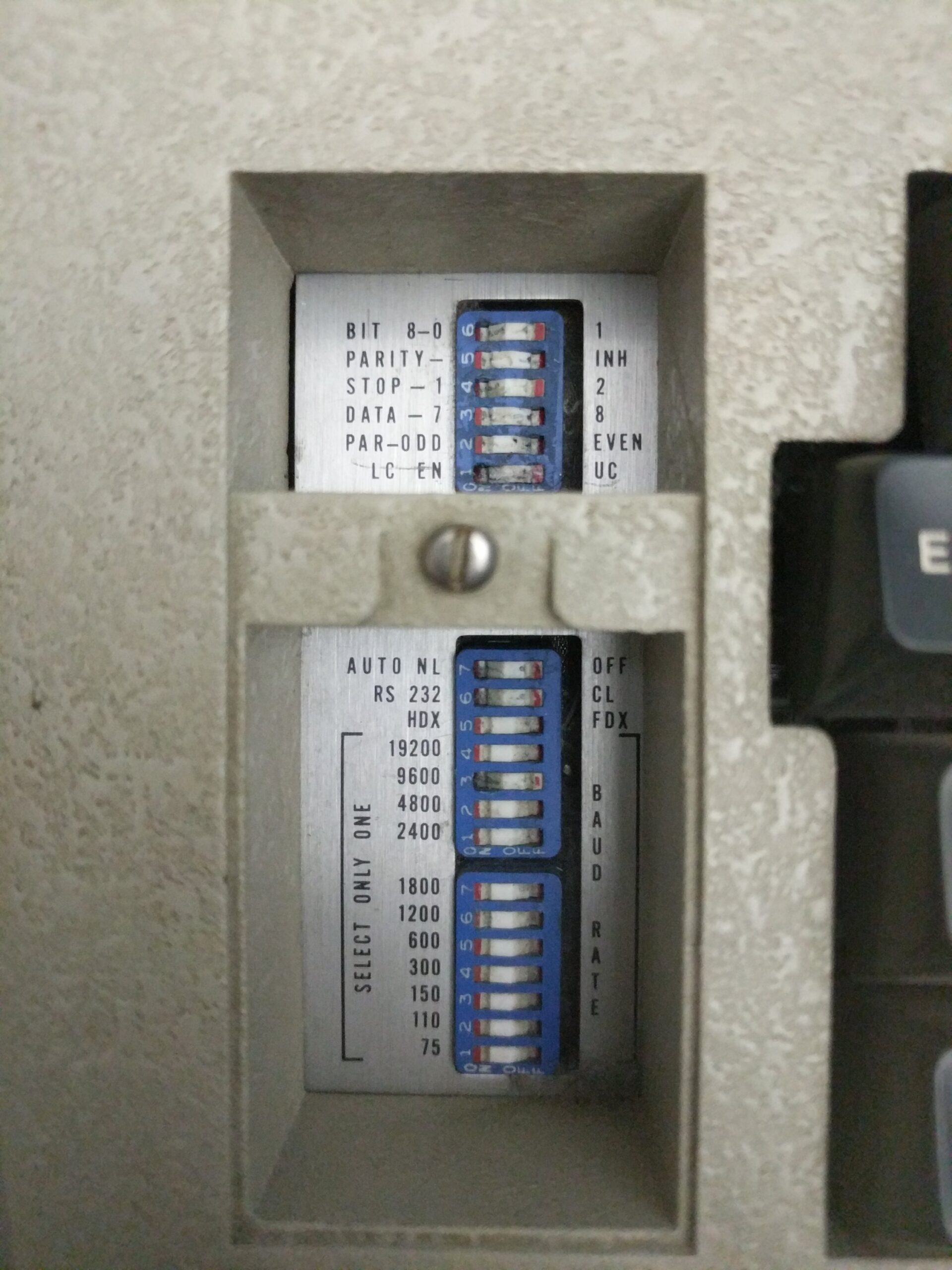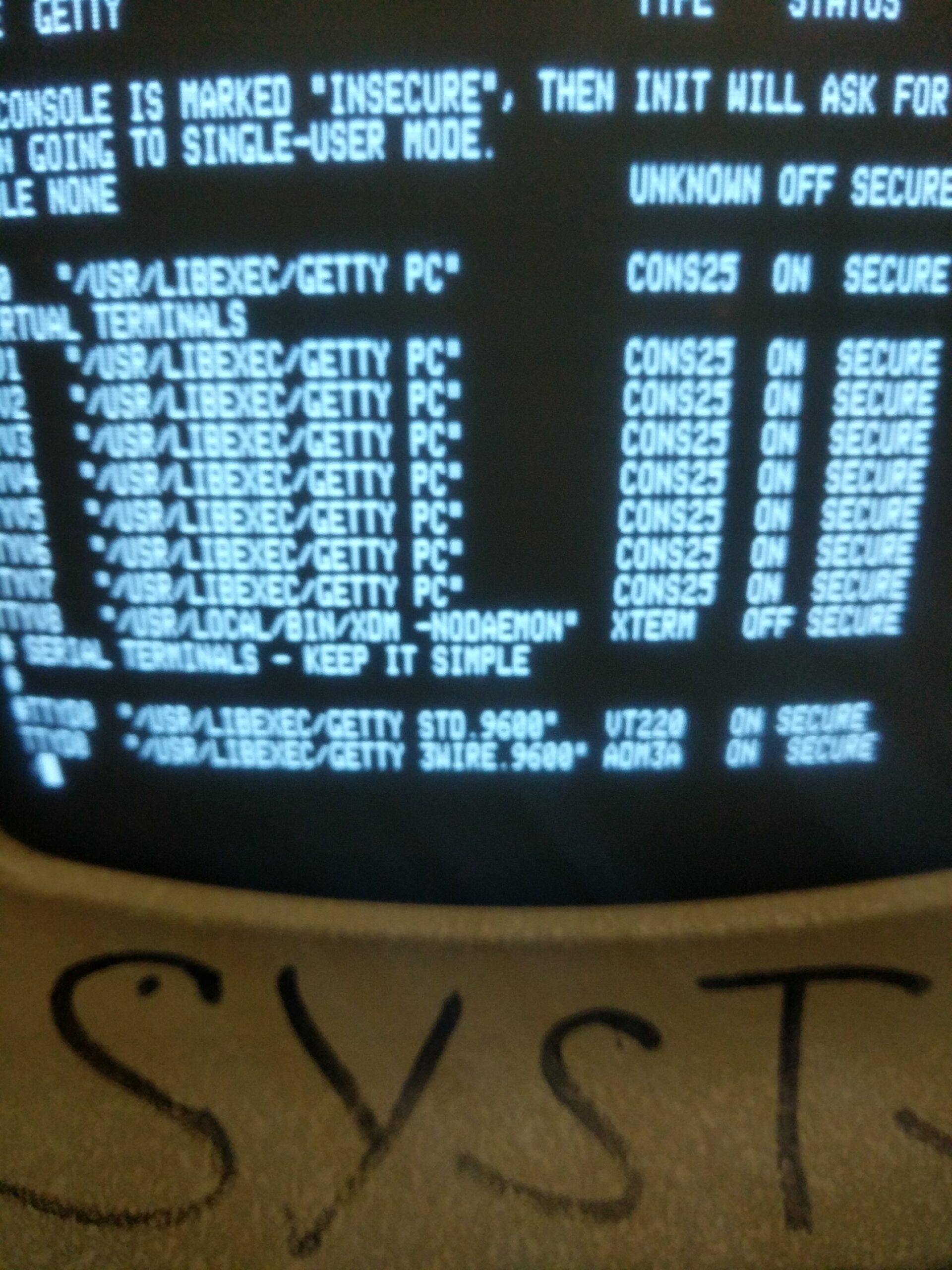The short answer is: works great. The version in dports lags, cause it’s based on what’s in the FreeBSD package collection, and that’s not updated as quickly.
This is technically the prerelease, since the official one is a few months off. TeX Live binaries can be downloaded directly for DragonFly.


